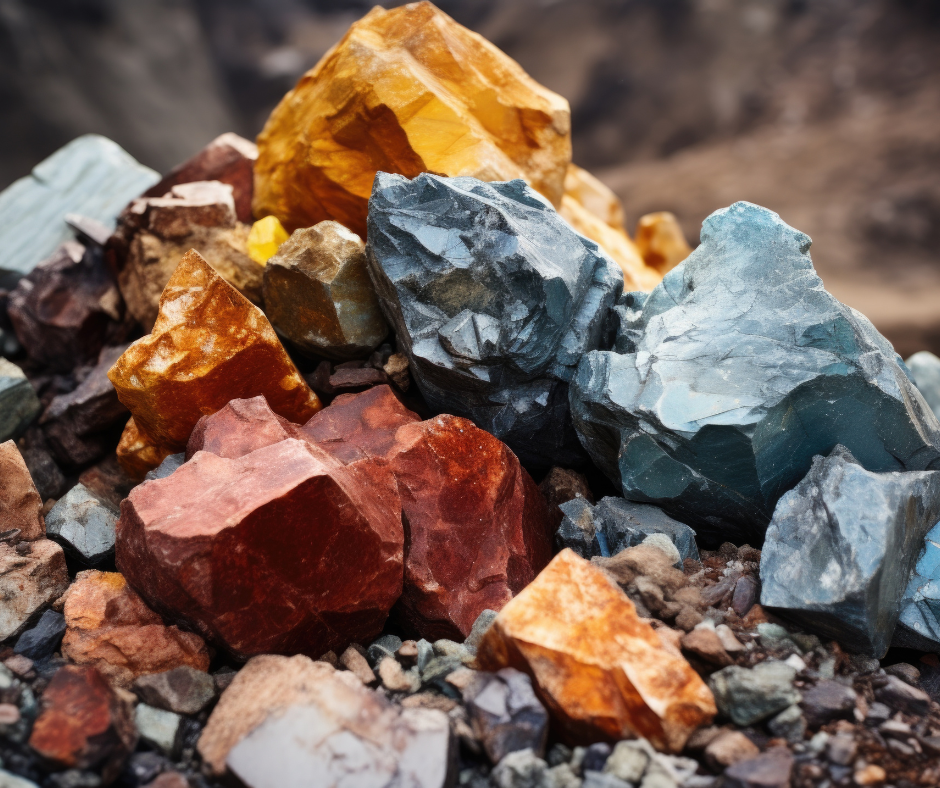Hidden Wealth: Planning for Mineral Rights in Your Santa Barbara Estate Plan

Many Americans unknowingly own mineral rights, or have the potential to inherit them. These rights encompass resources like oil, gas, precious metals, and more. Even if you don’t live in a traditionally “mineral-rich” area, these rights can be passed down through generations, creating a surprise windfall, or posing a complex estate planning challenge.
What are Mineral Rights?
Mineral rights grant the owner the right to explore, extract, and sell any minerals beneath a specific property. These rights can be severed from the surface ownership, meaning you might own the mineral rights under someone else’s land, or vice versa.
Why Include Mineral Rights in Your Estate Plan?
Mineral rights can be a valuable asset, but their unique nature requires careful planning. Here’s why:
- Valuation: Mineral rights values fluctuate based on market demands and potential resources. Accurate valuation is crucial for tax purposes and fair distribution within your estate.
- Distribution: Mineral rights can be a source of conflict among heirs with differing financial goals. A clear plan ensures your wishes are respected regarding distribution or ownership.
Likewise, mineral rights require careful management. You’ll need to decide how best to handle these rights – whether to lease them for royalties, sell them outright, or actively develop them. An estate plan can outline your wishes and designate knowledgeable parties to manage the decision-making process.
What to Include in Your Estate Plan
If you own or expect to inherit mineral rights, consider these steps:
- Conduct a Title Search: Verify ownership and understand any existing leases or agreements.
- Conduct Genealogical Research: Inheriting some mineral rights may require proof of your relationship to the original owner. Genealogy research can help establish your lineage.
- Seek Professional Valuation: Obtain a fair and current assessment of the value of the mineral rights.
- Consult an Attorney: A Santa Barbara estate planning attorney can guide you through complex legalities and draft appropriate documents to ensure your rights are incorporated responsibly into your estate plan.
Benefits of Planning Ahead
Furthermore, by proactively addressing mineral rights in your estate plan, you can:
- Minimize Tax Burdens: Proper planning can help reduce estate and inheritance taxes associated with mineral rights.
- Reduce Conflict: Clear instructions regarding ownership and management can prevent future disputes among heirs.
- Maximize Value: Your plan can outline strategies to maximize the benefit your beneficiaries get from this unique asset.
Getting Help
Don’t let mineral rights become a hidden complication in your estate plan. Contact an experienced attorney in Santa Barbara to discuss your situation and ensure these valuable assets are handled according to your wishes. You can reach our law firm by calling 805-946-1550.



